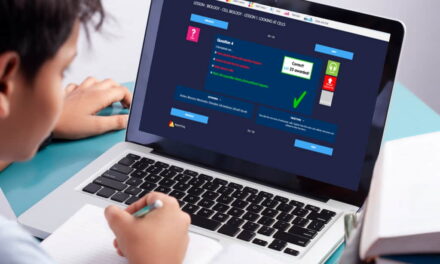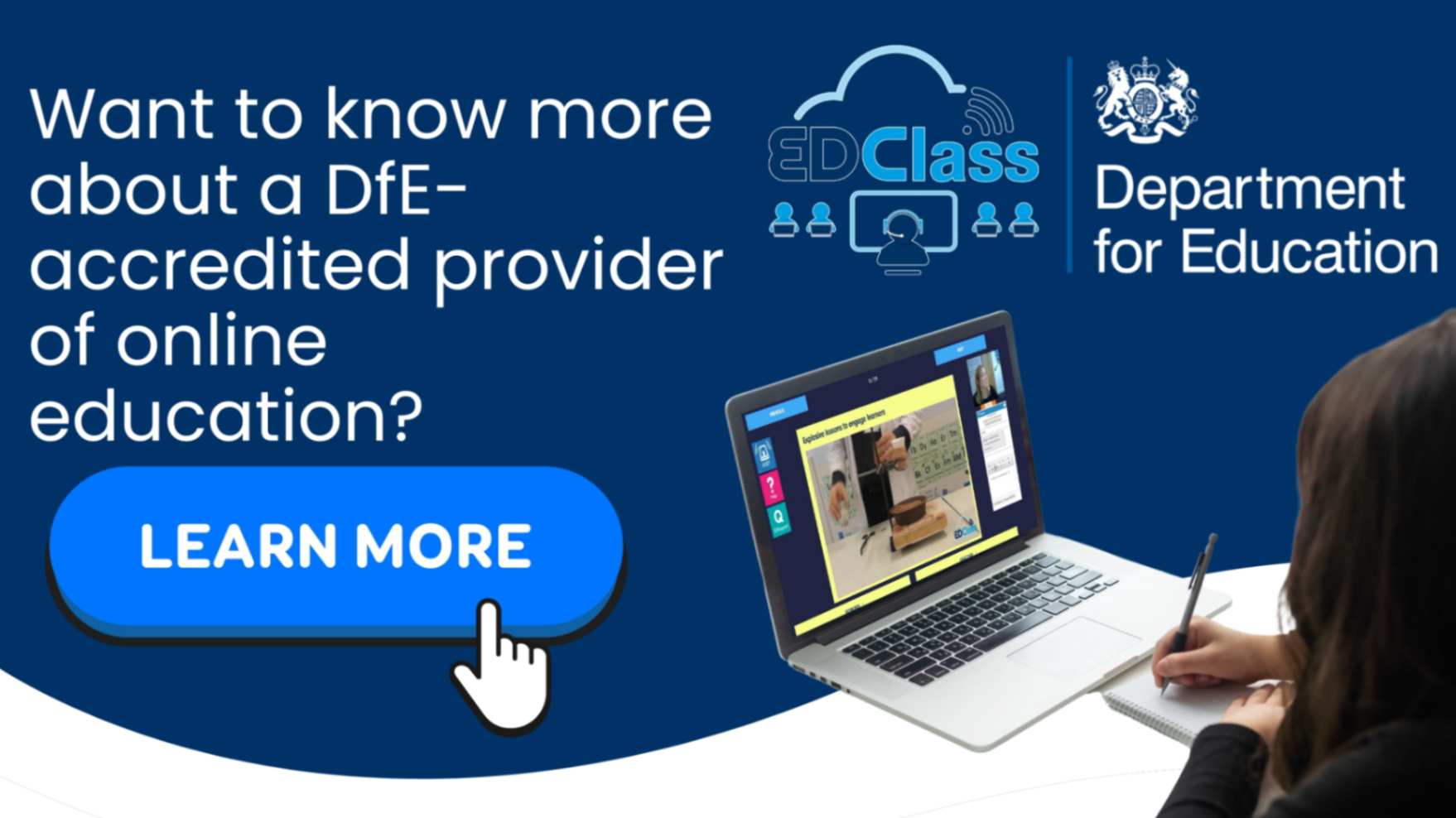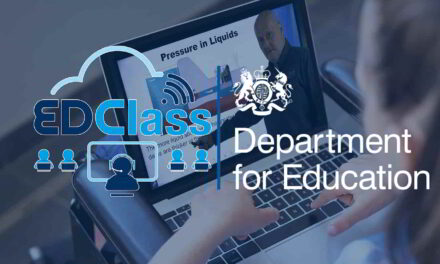Boosting learner attainment won’t just happen instantly. It can take time, dedication and a nurturing process to understand the needs and learning styles of pupils. To truly unlock learner potential, we must take a holistic approach and implement a supportive learning structure so they can thrive.
It’s also important to remember government guidance and what Ofsted looks for during inspections.
“Leaders have a keen understanding of the barriers that individual pupils face and tackle these swiftly and expertly. They systematically review adaptations, adjusting them as needed, so that they make a sustained difference to pupils’ learning and/or well-being.”
Connection Before Content: The Foundation for Success
When integrating supporting solutions to boost attainment, you must first understand the specific needs of learners. A trauma-informed approach recognises that many learners may have experienced adverse childhood experiences (ACEs) or other forms of trauma, which can significantly impact their learning and behaviour. Build trust, rapport and implement a welcoming environment so they will even want to show up in the first place.
Let’s take a look at seven strategies you can implement for long-term success:
1. Building Strong Relationships
- Active Listening: Make sure to listen intently to your learners to understand their likes and interests. By doing this, you can form meaningful relationships and embed connections throughout to help rasie attainment.
- Personalised Interactions: Personalise your greetings, conversations and actions with specific needs. Uniformity as a standard is great, but it’s also important to recognise every learner is unique.
- Positive Reinforcement: Celebrating learner success is vital. Something so minuscule might be a massive feat for a certain learner. Make sure to celebrate every little win emphatically.
2. Creating a Safe and Supportive Environment
- Establish Clear Expectations: Flexibility will allow your learners to shine, but clear expectations can also allow them to build a structured routine for them.
- Promote Respect and Inclusivity: All learners deserve to feel valued and welcomed. Before focusing on boosting grades, create an atmosphere where respect and inclusivity are bolstered.
- Implement Trauma-Informed Practices: Learners who have experienced ACEs need specific support to combat any challenges they’re facing. Be wary of certain vocabulary you use and provide certain coping techniques to overcome these barriers.
3. Differentiated Instruction
- Accommodate all Learning Styles: Each learner is unique. It might take some time to find what works best for learners, but once found, they can strive towards their educational potential.
- Varied Learning: Keep switching up your lessons. Throw in some fun activities, videos or puzzles to alter a learner’s way of thinking.
- Allow Expression: Offer opportunities for learners to demonstrate their learning in multiple ways so attainment levels can be boosted.
4. Effective Feedback and Assessment
- Timely Feedback: Provide timely and specific feedback that focuses on growth and improvement. Make sure your feedback is thorough but easy to understand and follow for learners.
- Assessment Overview: Use assessment as a tool to inform instruction and identify areas where learners need additional support.
- Set Targets: Create opportunities for learners to reflect on their learning and set goals. Learners can then aspire to reach their targets and may find it enjoyable.
5. Engaging and Relevant Curriculum
- Relatable Content: Connect your lessons to specific parts of pupil’s lives. This way, learners can then relate more to the content and are more likely to engage. Use real-world examples and hands-on activities to make learning more engaging.
- Promote Engagement: Encourage learners to ask questions and explore their curiosity. Some might be reluctant to engage because of peer pressure, so offer opportunities to ask one-to-one questions when necessary.
6. Collaborative Learning
- Teamwork Builds Confidence: Promote teamwork and peer support. This can elevate a learner’s confidence to converse with others. If they are reluctant, offer easier avenues to team bonding to elevate confidence.
- Peer-on-Peer Support: Sometimes learners may share things more easily in conversations with their peers. Create opportunities for pupils to learn from each other. This way, learners can build communication and collaboration skills.
7. Promoting a Growth Mindset
- Embrace Challenges: Encourage learners to embrace challenges and view mistakes as opportunities for learning. We must also help learners to develop resilience and perseverance.
- Embed Dedication: Foster a belief that intelligence and abilities can be developed through effort and dedication.
Try a DfE Accredited Provider of Online Education
Sometimes learners struggle with mainstream education and need a more tailored approach to accommodate their needs. EDClass, as a DfE-accredited provider of online education, can provide personalised learning pathways that boost engagement, confidence and overall engagement.
“Another significant strength of EDClass is the provision of carefully considered individualised schemes of work. Known as ‘learning pathways’, these take account of, and build on, the curriculum each pupil was following in their registered school prior to joining EDClass. This includes any specific exam syllabuses. As a result, when pupils return to mainstream education, they are well prepared to reintegrate into lessons.”
“I want to thank the teachers very much. The teachers were the main thing that got me actually into education and actually helped me put my head down. Which is absolutely amazing and I can’t speak any highly of them.”
Thanks to integrating EDClass’s DfE-accredited solution, Qaim was able to learn from home which helped him refocus and acquire one-to-one support from UK-qualified teachers., He then got 4s-6s in his final GCSEs, massviely boosting attainment, and is now attending his chosen college.
If you’re interested in learning more about EDClass call 01909 568338, email mail@edclass.com or enquire for more information here.









